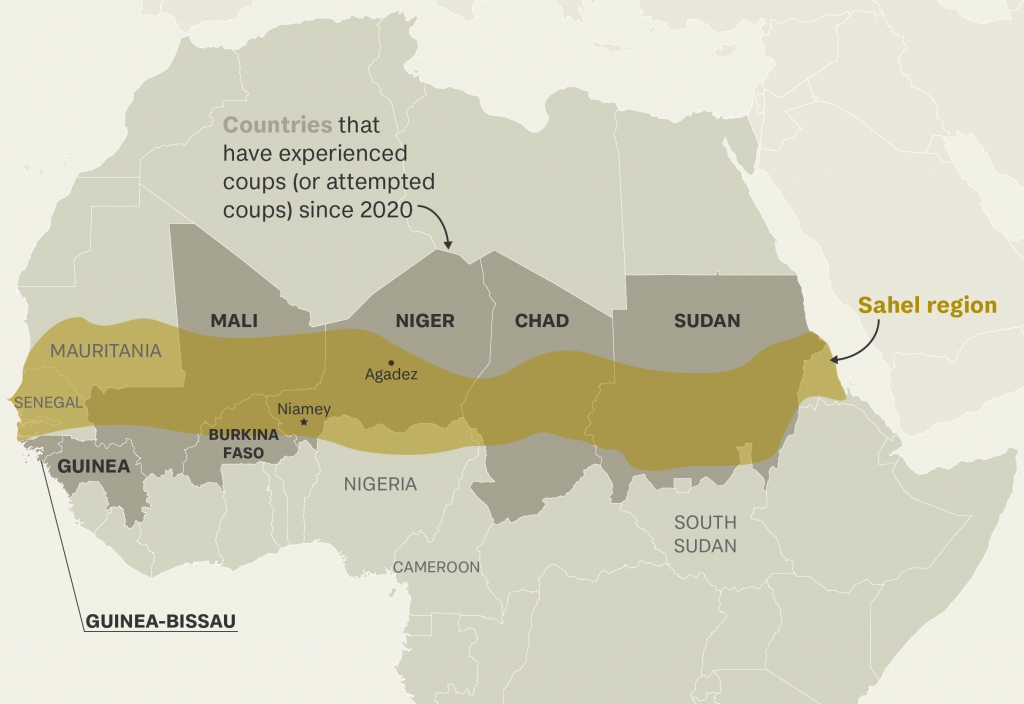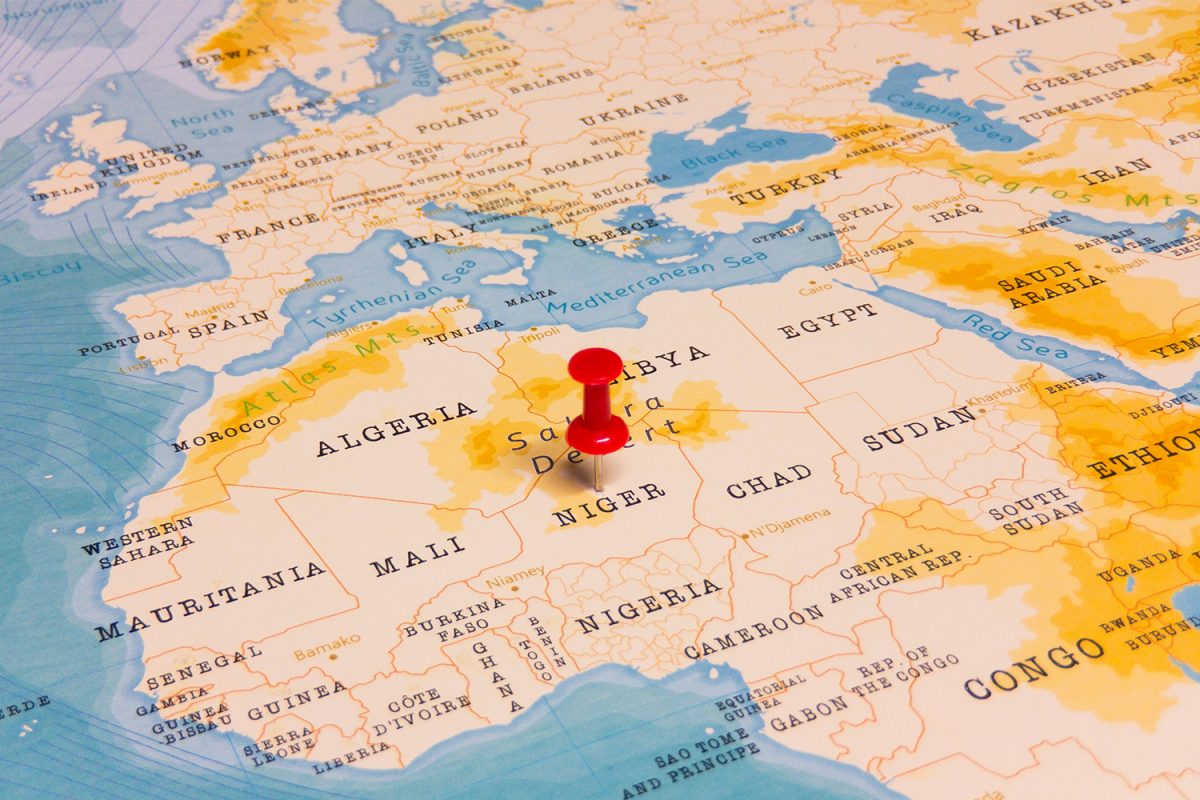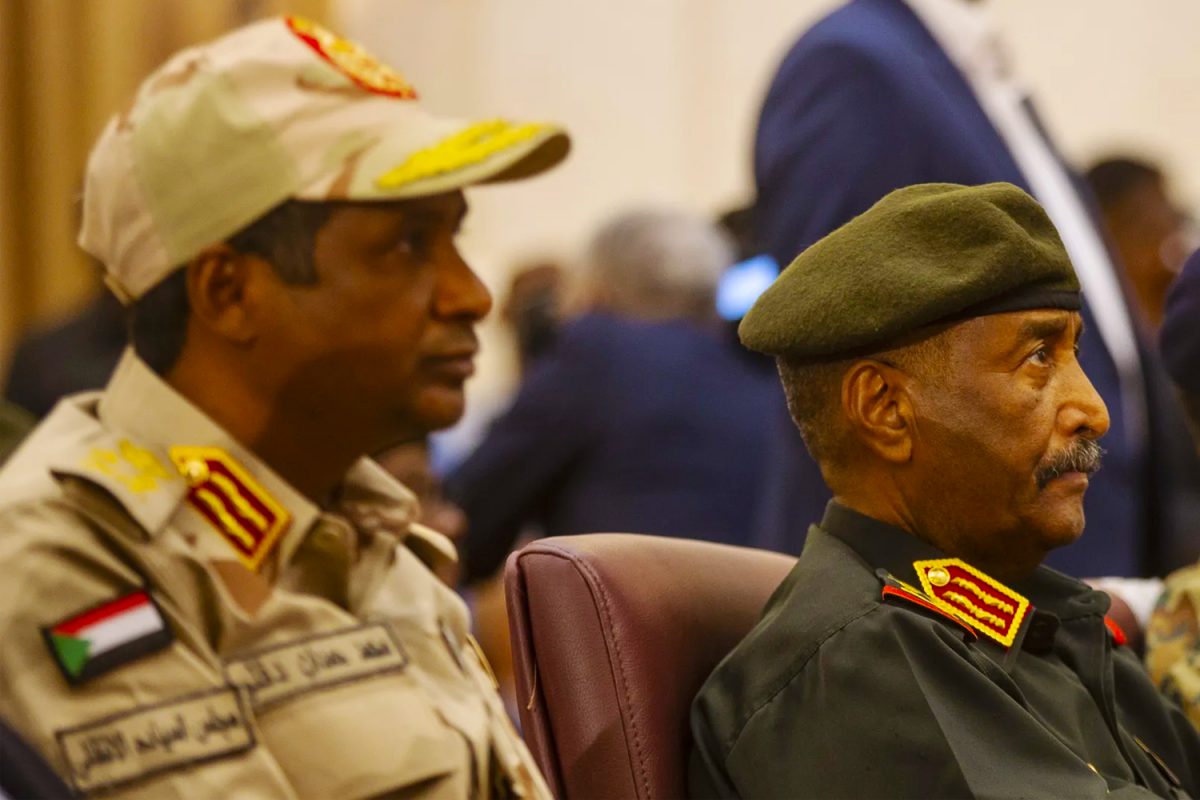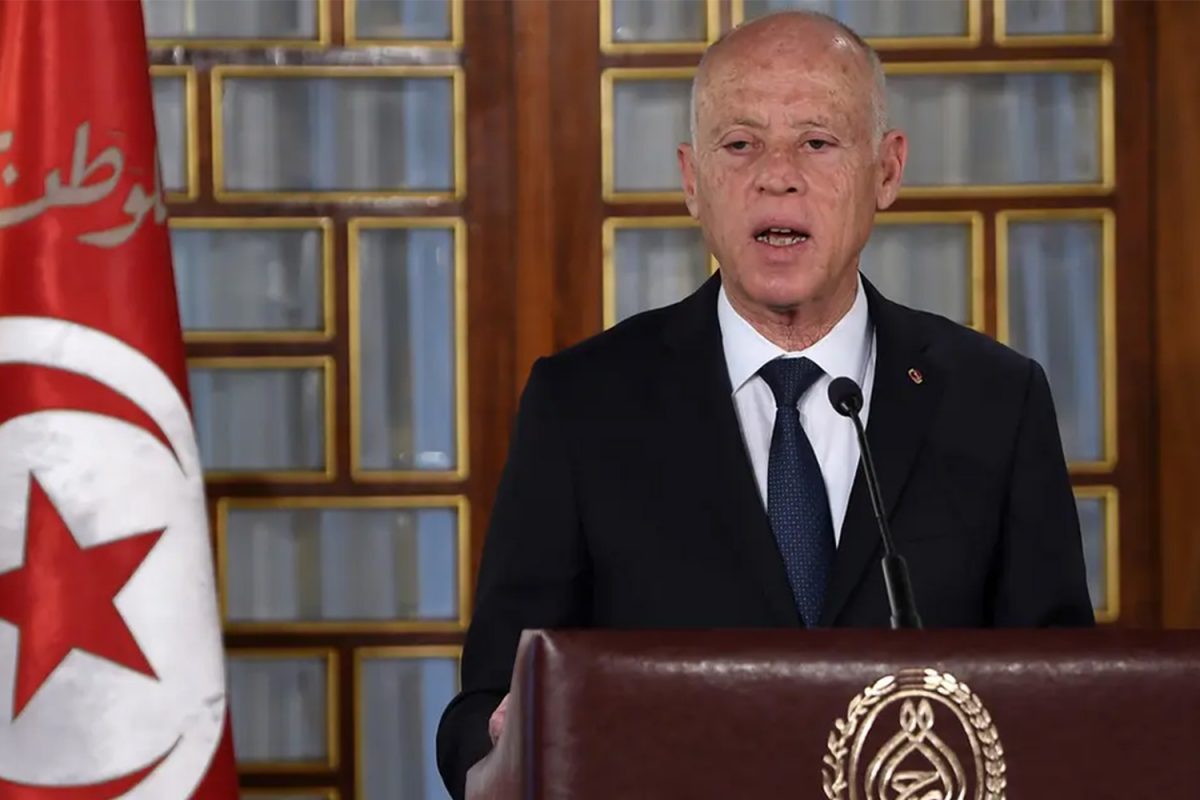Gabon’s long term ruler, Ali Bongo Ondimba was overthrown on the 30th of August, by the military after a questionable electoral victory. This was the eighth coup in Africa since 2020. At first, lots of speculators assumed that it was the end of the road for the Bongo dynasty, which began in 1967, when Ali Bongo’s father, Omar, took office and eventually became one of the richest men in the world thanks to Gabon’s oil wealth. The spectators could not be more wrong.
An investigative report discovered that the family-owned properties were worth $4.2 million in the United States. While the upper echelons of power under the auspices of the Bongo family live ceremoniously, infamously squandering on performances by the likes of Micheal Jackson, Gabonese are significantly poor, one-third of which live below the poverty line on $5.50 per day. This is, however, typical of rich African countries, which opens them up to public outrage that leaves them vulnerable to coups praised by the people.
But the jubilation that came in anticipation of the ending of the Bongo dynasty is misplaced as the junta’s leader, General Brice Oligui Nguema is Ali Bongo’s cousin. General Brice, who has always been in the inner circle of the Bongo dynasty and equally accused of perpetuating corruption, was sworn in as Gabon’s interim president on Monday the 4th of September. Gabon’s opposition leader, Albert Ondo Ossa, correctly stated that the putsch is merely “…a family affair…” in which “…the Bongo clan continues being in power…”.
Family Putsch
Gabon is yet another francophone nation that made international headlines due to a military takeover that gained public support. This is because of widespread injustice, abject poverty, and political exclusivity. It is alarming to observers that all the recent coups in West and Central Africa took place in former French colonies and present allies (Niger, Mali, Burkina Faso), all of which were greeted with great zeal of anti-French slogans. This signifies the continued erosion of French influence in the continent. However, the latest coup in Gabon lacked the elements present in the coups in Niger and Mali.
While it has public support in Gabon as it did in places like Mali, there is no indication the new government in Gabon is cutting off ties with the French. There were (are) no anti-French activities orchestrated by the government, like the junta in Niger did, which has seen continuous protests for the French to leave. The French were instructed out of Burkina Faso, and Mali even decided to change its official language from French. These are considered bold moves to completely eradicate French influence in the countries.
Moreover, the military officers responsible for the coups in Mali, Niger, and Burkina Faso were all trained by the Americans, which indicates the intensification of the scuffle between America and France in Africa. In contrast, the officer that spearheaded the Gabon coup is a close ally of the French, which is why the French government did not vehemently condemn the coup as it did with Niger’s. As aforementioned, General Brice has been a member of the Bongo family’s inner circle and is a cousin to Ali Bongo with no special ties to the Americans to suggest he was against the French alliance.
This, however, does not mean the military takeover is unrelated to the power struggle between France and America, rather it has everything to do with it. The coup is likely a pre-emptive defence mechanism to sustain pro-French personalities in the government. This is because the electoral victory of Ali Bongo infuriated the public, which left the government vulnerable to a coup.
The French clearly took a page out of Britain’s strategy book to replace allies vulnerable to assaults, through elections or force. The British quickly got rid of Jacob Zuma in South Africa and Mugabe in Zimbabwe when they sensed American plots brewing. It is the same strategy deployed in Gabon.
Making Sense of the Sudden Rise of Coups in Africa
This is the eighth military intervention in politics within the last three years in Africa. The reason behind this rise boils down to the following:
- America is preparing for a global showdown with China’s growing economic influence
- America is consolidating its political influence which means it can disrupt Chinese economic plans that its economic power cannot reach.
- Countries within the sphere of European influence tend to draw closer to Chinese debts and companies to lessen pressures from the US.
- Although not taken as an immediate challenger to America’s financial system, the BRICS controlled by China and Russia, are making more waves about anti-dollar financial schemes. That’s a challenge America cannot simply overlook. Unlike what the majority of the world has come to believe, the dollar was simply superimposed by the US on the world because it was the superpower with the financial means at its disposal. Using this financial power, America has been able to corner countries into serving its global interests.
- With its allies in power in these resourceful and strategic African countries, it stands to secure deals for its companies and ensure it destroys anything that threatens its interests, including BRICS (if it can).
Hence, the recent coups in Africa are connected to the strife for Africa’s resources. The scramble for Africa, which never ended since it started, is once again in full swing. More coups are expected as the economy and security deteriorate in several key African countries.





